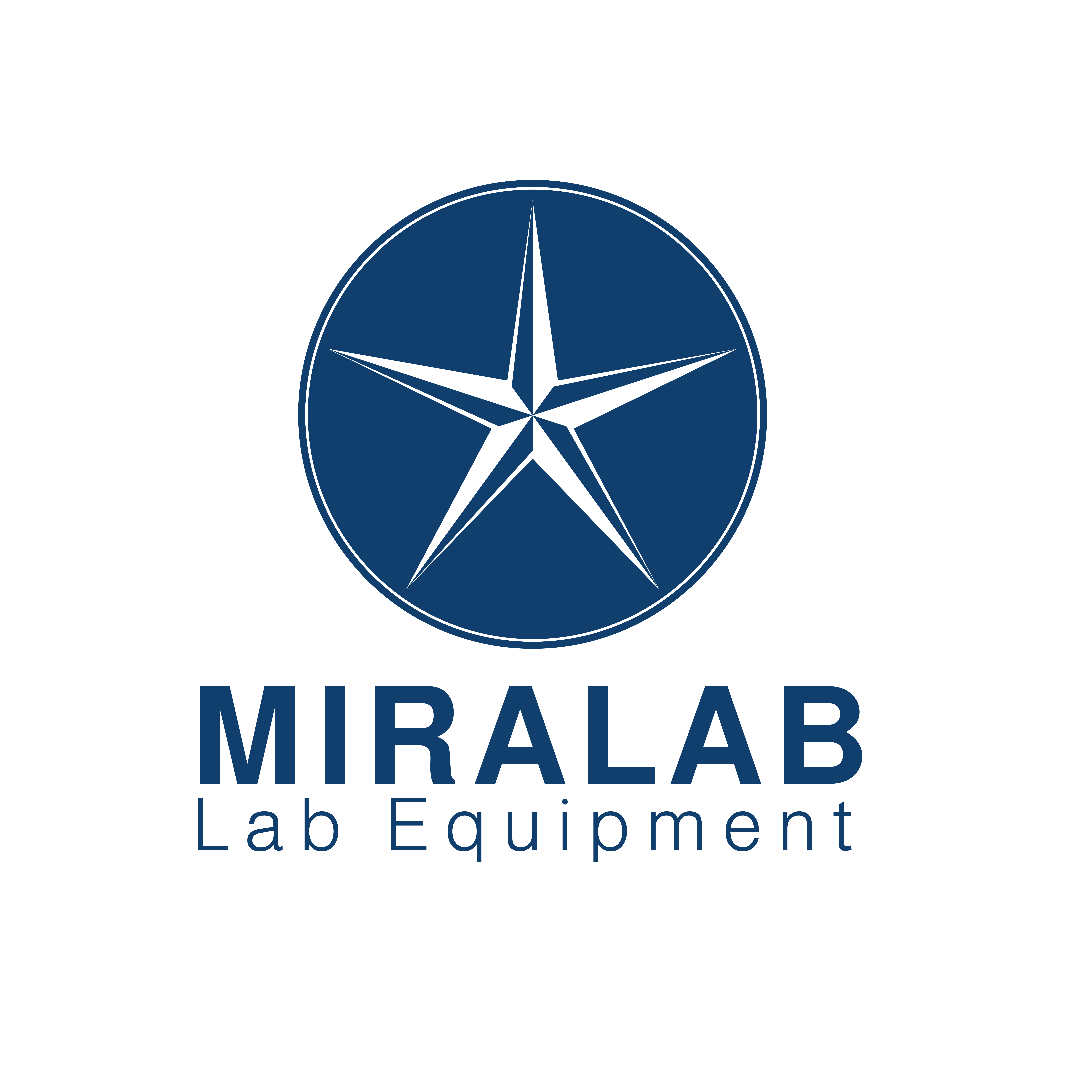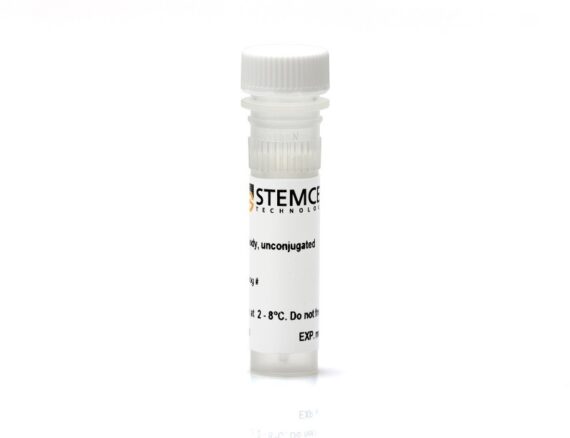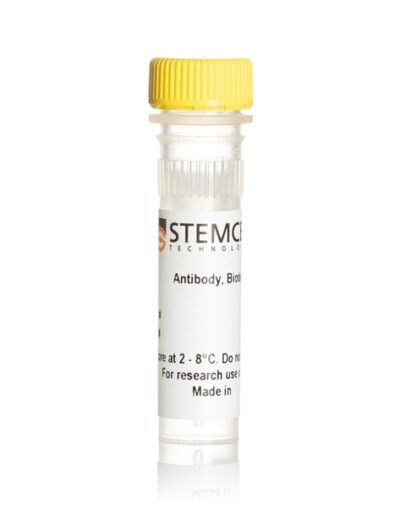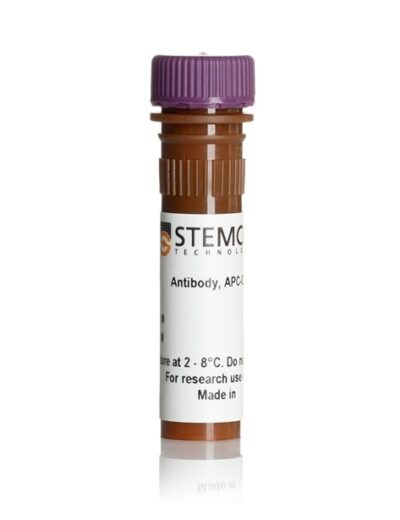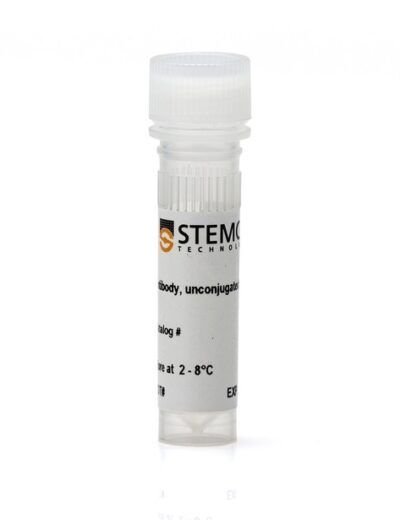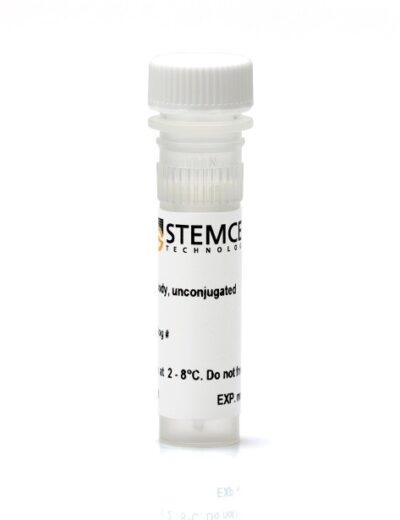Anti-Human MUC1 (CD227) Antibody, Clone 16A Mouse monoclonal IgG1 antibody against human MUC1 (CD227)
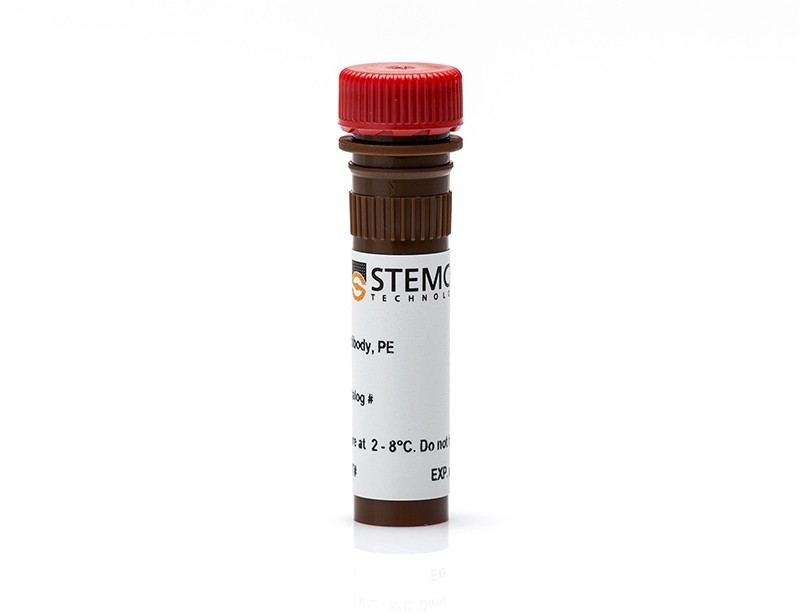
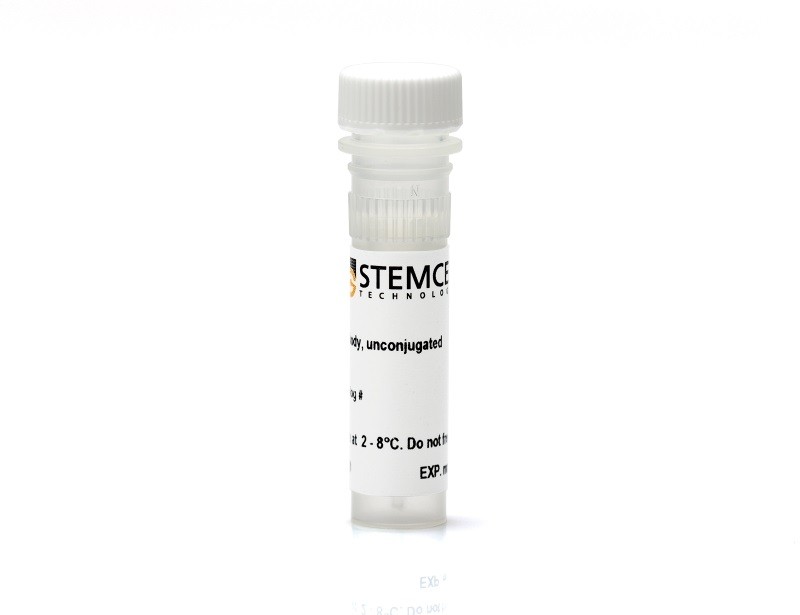
Overview
The 16A antibody reacts with human MUC1, a large (> 250 kDa) heavily glycosylated type 1 transmembrane protein expressed on the surface of most glandular and ductal epithelial cells and a variety of hematopoietic cells. A characteristic feature of the MUC1 glycoprotein is a core domain composed of a variable number of tandem repeats and multiple oligosaccharide side chains. Because the extracellular portion of MUC1 can extend beyond most cell surface proteins, it is thought to play a role in cell-cell and cell-substrate adhesion. The protein is highly expressed by a majority of human adenocarcinomas and is associated with a poor prognosis. In the mammary gland, MUC1 is localized on the apical plasma membrane of luminal epithelial cells. The clone 16A antibody has a higher affinity for the glycosylated form of MUC1.
Subtype: Primary Antibodies
Target Antigen: MUC1 (CD227)
Alternative Names: CD227, EMA, Episialin, Epithelial membrane antigen, HMFG antigen, MAM6, Mucin 1, PEM, Polymorphic epithelial mucin
Reactive Species: Human
Conjugation: APC; PE; Unconjugated
Host Species: Mouse
Cell Type: Airway Cells
Application: Flow Cytometry; Immunocytochemistry; Immunofluorescence; Immunohistochemistry
Area of Interest: Epithelial Cell Biology
Clone: 16A
Gene ID: 4582
Isotype: IgG1, lambda
